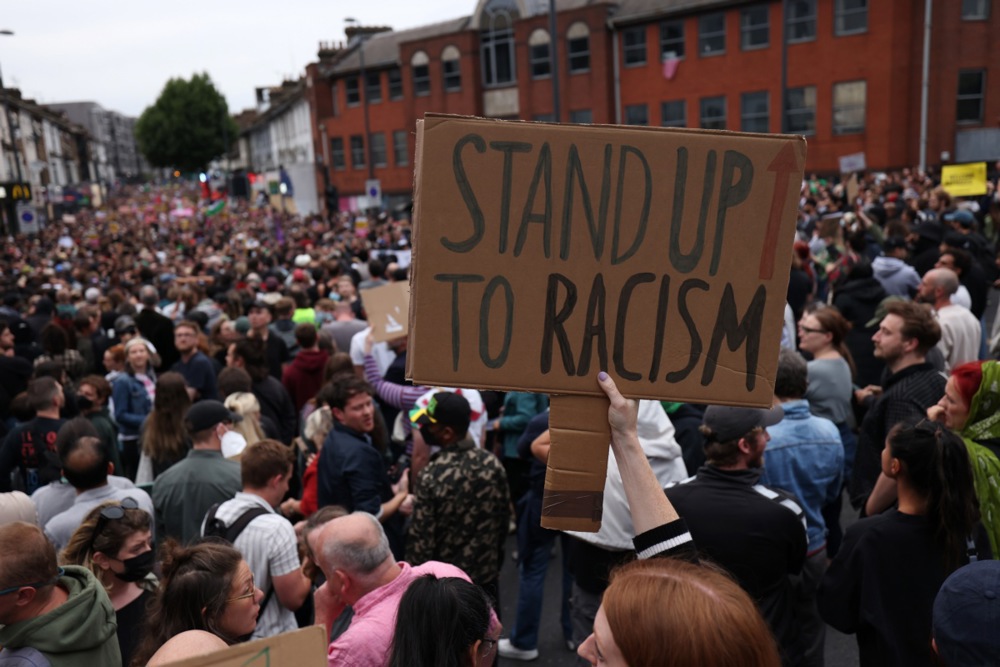Last week, the government announced new plans to tackle antisemitism and other forms of racism within the NHS. The move follows growing concern about discrimination faced by staff and patients, and calls for stronger systems of accountability across the health sector. While many will see this as a long overdue step, the announcement also gives us an opportunity, as individuals, communities, and institutions to reflect on what it truly means to build workplaces and services that are inclusive, safe, and just.
The planned measures include an independent review led by Lord John Mann into how professional regulators respond to racism; mandatory anti-racism and antisemitism training for NHS staff; adoption of the International Holocaust Remembrance Alliance definition of antisemitism; and a review of workwear guidance to ensure staff can express their faiths safely and appropriately. Together, these steps mark a significant acknowledgement that racism in healthcare – like racism elsewhere cannot be dismissed as a few isolated incidents. It is structural, embedded in policies, behaviours, and cultures that have, for too long, been allowed to go unchallenged.
For those of us working to advance racial justice in the North East, this announcement resonates deeply. The NHS is one of the region’s largest employers and most trusted institutions. Its values of care and compassion sit at the heart of public life. Yet, as with any large system, it also mirrors the inequalities and biases present in society. From the treatment of Black and Asian staff to disparities in patient outcomes, racism in healthcare has real and lasting consequences. To confront it requires honesty, leadership, and collective courage, qualities we continue to call for across all sectors.
At the North East Anti-Racism Coalition, we see this as both a welcome step forward and a reminder of the work that remains. Change begins with recognition, but it does not end there. Training and new policies are important, but they must be followed by cultural transformation. That means listening to those most affected, acting on their experiences, and creating systems that protect people from harm rather than perpetuating it. It means holding institutions accountable not only for their intentions, but for their impact.
Racism, in any form, erodes trust. When it happens within health services, spaces meant to heal and support, the damage runs deep. Tackling it demands more than compliance; it calls for empathy, transparency, and leadership that is willing to confront uncomfortable truths. This is something that should be mirrored across workplaces, schools, and community settings throughout the North East.
As a coalition, we believe that anti-racism is not a single act, but a continual process. It asks us to question who is being left out of the story, whose pain is being ignored, and whose voice is missing from the table. Whether the focus is antisemitism, Islamophobia, anti-Black racism, or any other form of prejudice, our commitment must be to creating spaces where everyone feels they belong, not because they have been tolerated, but because they have been seen, valued, and respected.
We will be following the progress of this work closely, but we also recognise that government initiatives alone will not end racism. The real work happens in communities, organisations, and everyday conversations. It happens when we challenge bias, listen with intent, and build systems rooted in fairness.
As we move forward, let this moment remind us that anti-racism is not confined to a single sector. It is everyone’s responsibility. And while the NHS review is an important step, it is only one part of a much bigger journey, one that we must all continue together, here in the North East and beyond.

